In 2021, NAATI began working closely with SkillsIQ and other key stakeholders as part of its Translating and Interpreting Advisory Committee to review the translating and interpreting training packages offered by the vocational education and training (VET) sector in Australia.
The training packages were revised due to feedback received during extensive consultations. The new training packages were approved by the Skills Ministers of each state and territory in November 2022.
SkillsIQ is a not-for-profit organisation appointed by the Commonwealth Government as a Skills Service Organisation to develop national skills standards, ensure skills are relevant for jobs in industry, and to meet critical skills gaps and shortages.
Several significant and important changes to the NAATI credentialing system came into effect in 2018, including a mandatory minimum training requirement to become certified. NAATI recognises the VET sector is critical in ensuring a reliable supply of potential translating and interpreting professionals, however the training packages had not been formally reviewed since 2015.
Changes introduced
This review has resulted in several changes to the training available to our future translators and interpreters, including:
- Revised units to ensure they reflect current practice in the profession and reduce duplication.
- Restructured packaging rules for the Diplomas and Advanced Diplomas of Interpreting and Translating, including the introduction of an Auslan specialisation in the translating qualifications
- Clearer requirements for Auslan and Deaf interpreting students, and inclusion of team interpreting as an elective at the Diploma level (previously only included in the Advanced Diploma package).
- Packaging the Skill Set Courses, 4-unit training options for aspiring translators and interpreters, as formal qualifications known as the Introduction to Translating Skill Set and Introduction to Interpreting Skill Set. This will enable training institutions and students to access government funding, and make training available to more people across Australia.
Institutions have 12 months to transition to the new training packages.
NAATI welcomes the changes and looks forward to supporting VET training institutions implementing the new packages. More importantly, NAATI looks forward to welcoming more graduates to sit the relevant NAATI certification test.

